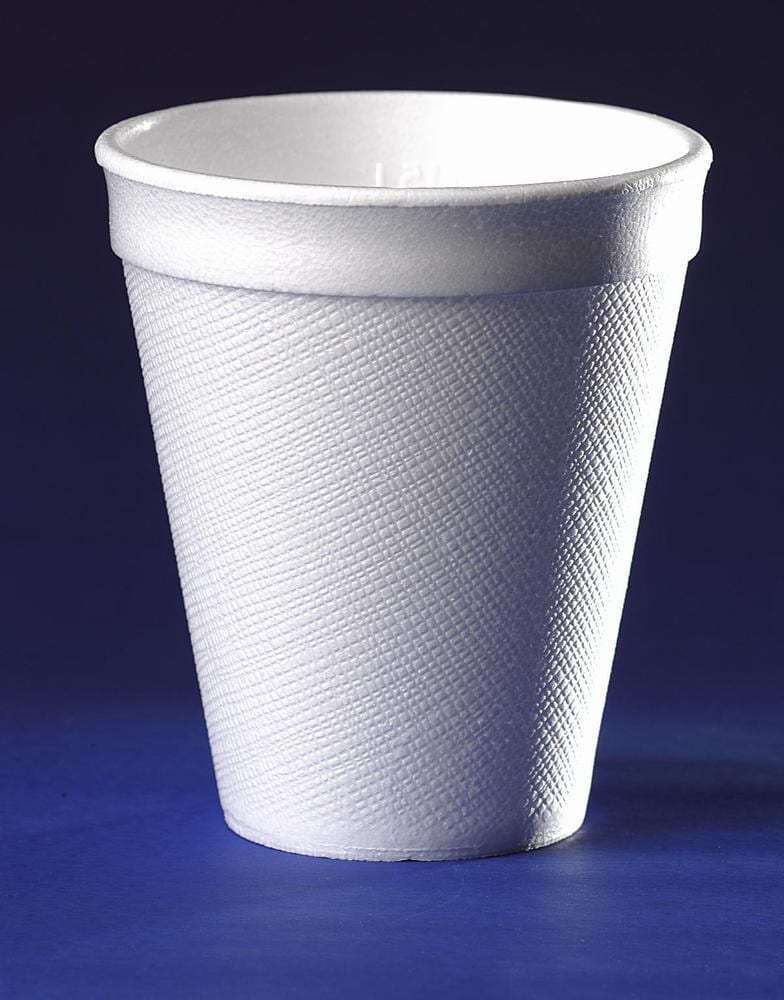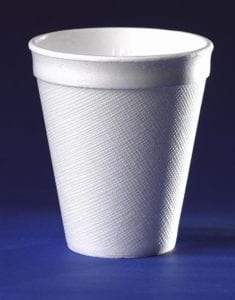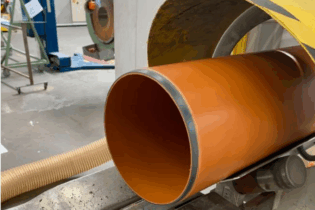 Polystyrene recycling in South Africa showed increased growth in 2016, contrary to international reports that suggest the material has been “challenging to recycle”, or in some instances, is unrecyclable.
Polystyrene recycling in South Africa showed increased growth in 2016, contrary to international reports that suggest the material has been “challenging to recycle”, or in some instances, is unrecyclable.
The reprocessing of expanded and high impact polystyrene increased by 106% between 2013 and 2015, according to the Polystyrene Packaging Council’s (PSPC) director, Adri Spangenberg. This increase was as a result of two reasons: more end-markets were developed and knowledge of successful polystyrene recycling spread.
“We are still awaiting the official recycling figures for 2016, but early indications show that approximately 3,600 tonnes of recycled polystyrene was added to the traditional recycling figures – making this our best year to date,” Spangenberg said.
“We have managed to prove that polystyrene can successfully be recovered from households and industries by working closely with waste management companies and municipalities,” she added.
Polystyrene is widely being used by spaza shops, take-away vendors, cafeterias and supermarkets around the country.
Once recycled, new items are created, and in turn, boosts job creation in many different industries.
Project Build
“Last year alone, 2,036 tons of polystyrene was successfully recycled for use in lightweight concrete through our Project Build,” Spangeberg said.
These projects use recycled, post-consumer polystyrene for large commercial and residential construction projects around the country.
Décor industry
Another area that has seen considerable growth in the amount of recycled polystyrene is the home décor industry. More than 1,377 tonnes of expanded and high impact polystyrene was recycled last year for use in picture frames, cornices and curtain rods through the PSPC’s Project Dècor.
“Apart from the fact that it helped divert polystyrene from landfill, we are particularly pleased that this is another market where jobs and products were manufactured locally as opposed to relying on cheap imports from the far East that have a detrimental impact on our own markets,” Spangenberg said.
Plans for 2017
Looking ahead at 2017, the PSPC said it will continue to promote the use and recycling of polystyrene to South African industries.
“The Davos World Economic Forum gathering released their report in which they called for strategies to dramatically increase recycling of plastic packaging from the current 14% to 70%,” Spangenberg said.
Spangenberg believes that plastic material is also worth a lot more when used in infrastructure applications, and should therefore be re-used and recycled into building projects that will benefit many generations to come.
Recycling polystyrene is also key to reclaiming useful carbons and reusing valuable resource, the PSPC said.
Spangenberg concluded by emphasising that polystyrene recycling helps create jobs, revenue opportunities and opportunities to innovate new products “in a true, circular economy model”.
 Polystyrene recycling in South Africa showed increased growth in 2016, contrary to international reports that suggest the material has been “challenging to recycle”, or in some instances, is unrecyclable.
Polystyrene recycling in South Africa showed increased growth in 2016, contrary to international reports that suggest the material has been “challenging to recycle”, or in some instances, is unrecyclable.







